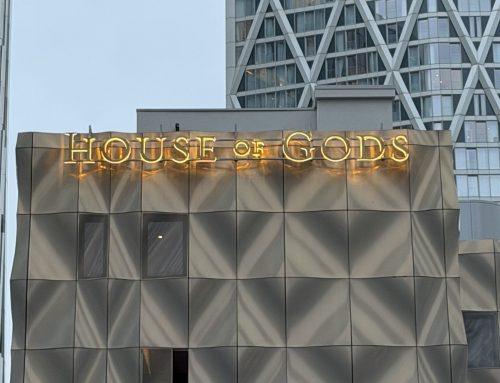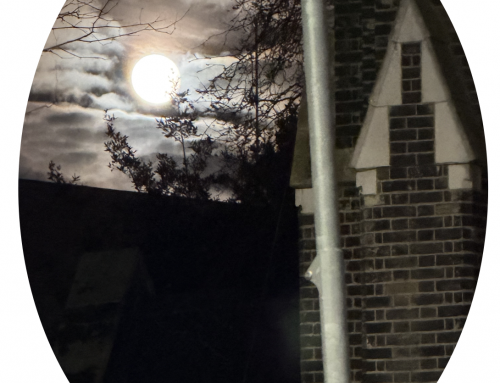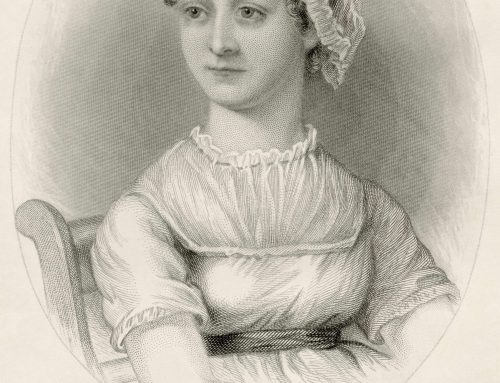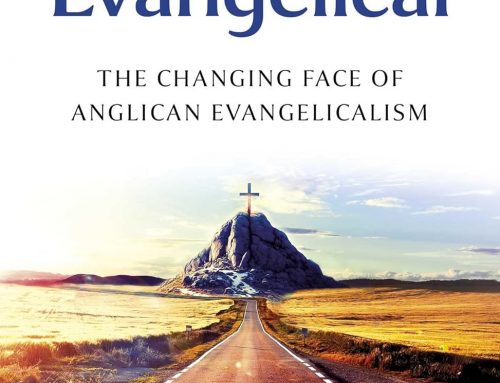GUEST EDITORIAL – Anthony Woollard

Anthony Woollard (agbw44@gmail.com) is a retired English civil servant and a lay theologian (MA, BD from Oxford, STM from Union Seminary New York). He is currently a Trustee of the organisation Modern Church, the principal promoter of liberal theological thought in the UK, and editor of its newsletter Signs of the Times which welcomes contributions (of a popular rather than academic kind) from those who sympathise with the aims of that organisation and this website.
PENTECOST: THE ENCIRCLEMENT OF THE SPIRIT
Turning and turning in the widening gyre,
The falcon cannot hear the falconer.
Things fall apart – the centre cannot hold –
Mere anarchy is loosed upon the world……
Thus wrote W B Yeats, in the middle of the First World War and the Irish revolution. And it seems today that the world has circled back to just such a time. No centre – no purpose – “mere anarchy”, from Gaza to Ukraine to other parts of Europe (including the UK) and the US. And if we take the Falconer to be that mystery that we call God, and the Falcon to be the human race, it is all too clear that the latter “cannot hear” the former.
Yet that symbol of the circle, of purposelessness, of going nowhere except into negativity, can have a radically different meaning. It can symbolise eternity, and enclosure within the boundaries of Love. I am reminded of Henry Vaughan:
I saw Eternity the other night,
Like a great Ring of pure and endless light.
That, surely, is the circle into which the Holy Spirit calls us at this season.
Even so, the circle always remains ambiguous. I am also reminded of a favourite poem of that great Scottish theologian of our times, Bishop Richard Holloway,
He drew a circle that shut me out;
Heretic – rebel – a thing to flout.
But Love and I had the wit to win:
We drew a circle that brought him in!
To many of us, that speaks of the Church as we know it today. Those of us who seek a more generous interpretation of the Christian story, one which can enclose all people in Love across the differences of race, sexuality and even creed, are often treated by those of a narrower faith as heretics, rebels, things to flout. But Love is bigger than us all. And, as George Herbert saw so clearly, we are all invited into Love’s banqueting hall – accepted and affirmed just as we are, though we may be changed in ways that we cannot envisage.
A large part of the genius of Anglicanism, over its often-troubled history, has been its drive towards that kind of inclusivity. Elizabeth I is famously supposed to have said that, as head of that Church, she had “no wish to look into people’s souls” (and today, we might add, we have no wish to look into their bedchambers either). The Spirit encircles all. So should our churches.
The story of Pentecost in the book of Acts illustrates how the sheer inclusivity of the experience as it is related – people of many subcultures “hearing in their own tongues the wonderful works of God” – makes precisely this point about the inclusivity of the Spirit. Later chapters of Acts, as well as St Paul’s letters, demonstrate just how difficult it can be to maintain and build on that inclusivity. But we have been given an agenda, and this website itself shows how that can be applied across Anglicanism.
Anthony Woollard
Pentecost 2024





